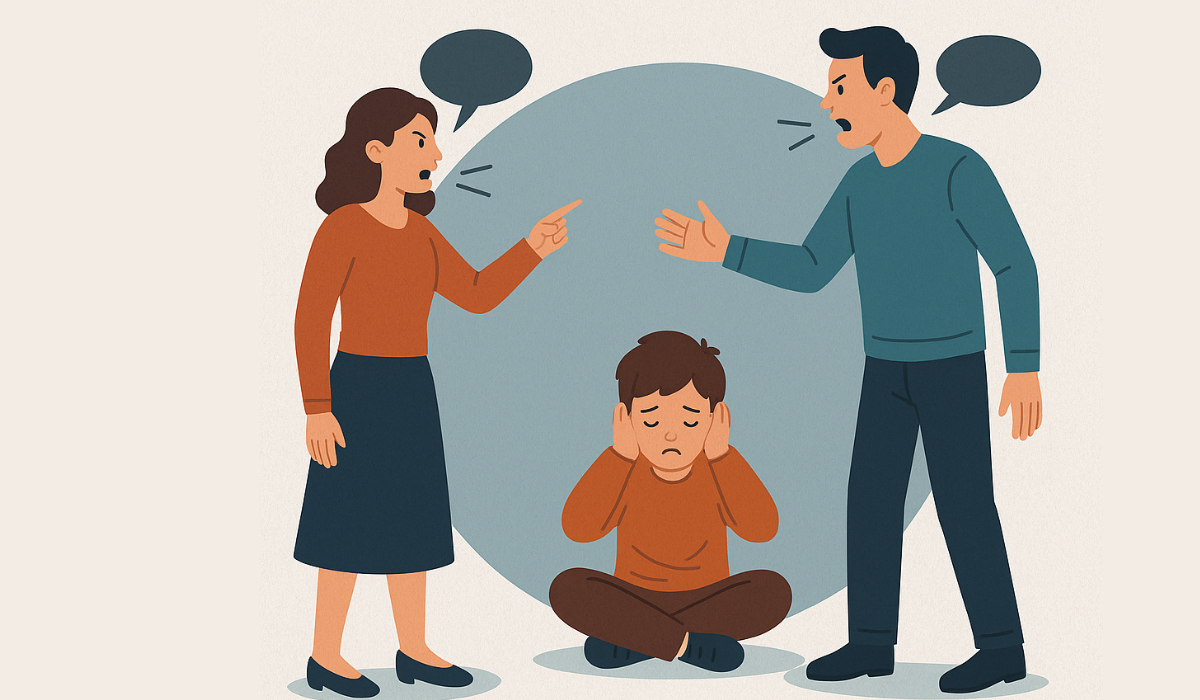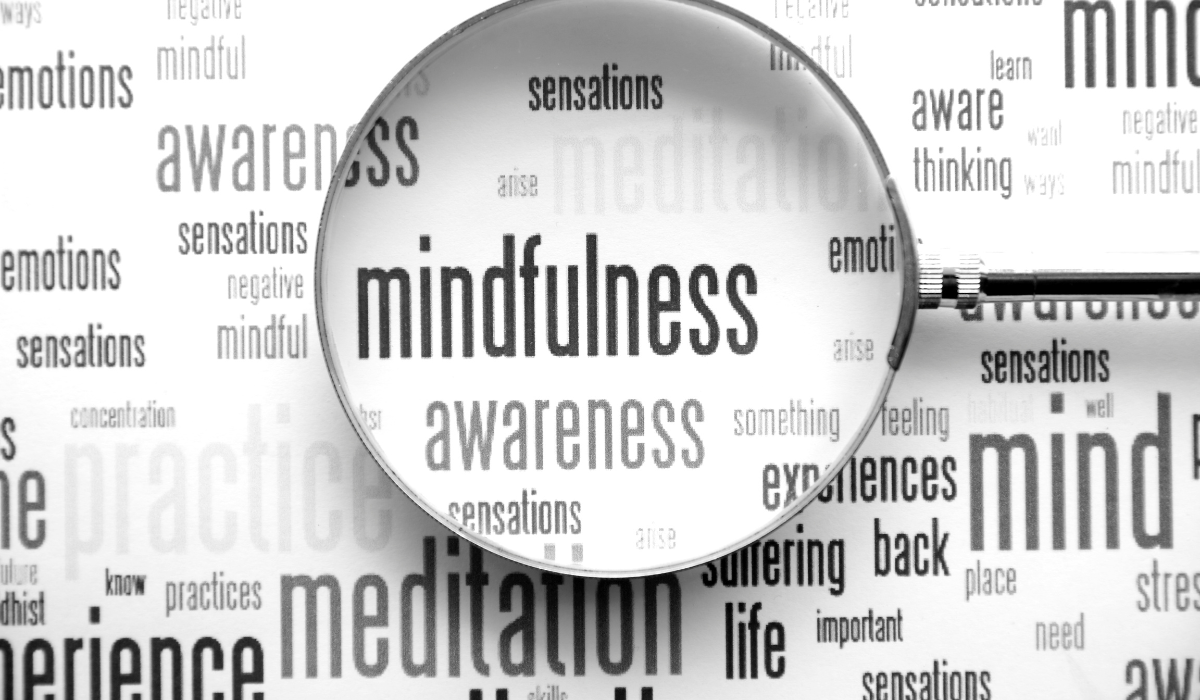In the world of business, we often talk about innovation, strategy, productivity, and leadership. One skill, however, that quietly influences every decision you make, every team you lead, and every goal you set is emotional regulation.
As a therapist and coach with over 25 years of experience, I’ve seen how mastering your emotions is not just good for mental health, but it is a key characteristic of successful entrepreneurs, executives, and other professionals. Emotional regulation allows you to lead with clarity, respond instead of react, and stay grounded in high-pressure environments.
In short, it’s not just a soft skill, it’s a power skill. Let’s define what emotional regulation is and break down why it might be the most valuable business skill you can develop, and how you can start training your brain to master it.
What Is Emotional Regulation?
Emotional regulation is your ability to manage and respond to your emotions in a conscious, constructive way. It doesn’t mean suppressing or ignoring your feelings. It means noticing them, understanding where they come from, and choosing your response with intention.
It’s the difference between:
- Snapping at a team member vs. having a calm, direct conversation.
- Feeling overwhelmed by feedback vs. using it as a growth opportunity.
- Avoiding hard decisions vs. making them with clarity and courage.
- Responding with the rational part of your brain vs. reacting with your emotions
Reacting with your emotions refers to the brain’s amygdala-driven response. This part of the brain is fast, instinctive, and tied to survival, it is where fear, anger, and stress responses live. When we’re emotionally triggered, the amygdala can hijack our thinking.
Responding with the rational part of your brain means engaging the prefrontal cortex, which is responsible for logical thinking, planning, impulse control, and emotional regulation. It allows you to pause, reflect, and act in alignment with your values rather than your immediate emotional state.
When you regulate your emotions, you’re not a passenger to your nervous system, you’re in the driver’s seat. This strategy is one of the first tools I teach my clients when we begin working together. I share evidence-based techniques and tools that help individuals train their brains to respond vs. react. With the simple tools explored and put into practice, my clients begin seeing immediate results and have increased awareness of being more intentional, which leads to healthy decisions.
Why It Matters in Business
You might have a high IQ, a strong resume, or the best strategy in the room,but if you can’t regulate your emotions, you’ll struggle to lead effectively. Emotional regulation directly impacts:
1. Decision-Making
Stress and impulsivity cloud judgment. When emotions run high, we often make reactive choices driven by fear, ego, or anxiety. Regulated leaders pause, reflect, and choose actions that align with their values and goals, even under pressure.
2. Leadership Presence
Your emotional state sets the tone. If you’re scattered, anxious, or short-tempered, your team feels it. Regulated leaders create environments of psychological safety, trust, and calm authority, making them magnetic and respected.
3. Resilience
The entrepreneurial path is filled with uncertainty, setbacks, and emotional highs and lows. Regulating your internal world helps you bounce back faster and stay focused, even when things feel out of control externally.
4. Communication
Emotionally regulated individuals are better communicators. They can listen without defensiveness, give feedback without aggression, and navigate conflict without escalation.
5. Energy Management
Emotional regulation conserves energy. When you’re in constant fight-or-flight, your brain and body are drained. Learning to regulate shifts you into a more sustainable state of high performance.
The Brain Behind the Business
Here’s what’s happening behind the scenes:
- The amygdala (your fear center) reacts quickly to perceived threats.
- The prefrontal cortex (your logic and reasoning center) helps you assess and respond with thoughtfulness.
Under stress, the amygdala hijacks the brain and it shuts down reason which then ignites reactive behavior. Emotional regulation strengthens the bridge between the two. You train your brain to pause, process, and act in alignment with your best self.
Just like training a muscle, the more you practice emotional regulation, the stronger and more efficient your nervous system becomes.
The Cost of Poor Emotional Regulation in Business
Emotional dysregulation is costly and can negatively impact your work. It can show up as:
- Impulsive decisions that damage long-term outcomes
- Tension on teams due to reactive or avoidant leadership
- Burnout from constantly operating in a dysregulated state
- Lost trust from clients, employees, or investors
- Missed opportunities due to fear-driven paralysis or overconfidence
Unchecked emotions create internal chaos, and that chaos spreads. Businesses thrive on stability, not volatility.
Emotional Regulation Is the Competitive Edge

In high-performance environments, regulating your emotions gives you a competitive edge.
When you can master your internal state, you:
- Stay grounded in uncertainty.
- Lead from a place of power and empathy.
- Make decisions aligned with your long-term vision, not just your current emotion.
This is especially critical in leadership roles. Your ability to regulate your emotions determines how others feel around you. Are you the eye of the storm or the storm itself?
How to Strengthen Your Emotional Regulation
Here are evidence-based tools I use with my clients (and in my own life and business):
1. Pause Before You React: Practice the sacred pause. This is HARD, I know! When you feel triggered, breathe before speaking or responding. That moment of awareness interrupts automatic patterns and allows conscious choice.
2. Name It to Tame It: When emotions feel overwhelming, labeling them helps the brain process and regulate. For example, say: “I’m noticing frustration,” or “I feel anxious.” Awareness alone reduces intensity.
3. Daily Mindfulness Practice: You don’t need an hour of meditation. Even 1-3 minutes of daily mindfulness improves emotional awareness, focus, and regulation. It can even be as simple as sitting outdoors, quieting your mind, and pausing for a couple of minutes. I always encourage my clients to “quiet the mind” throughout the day, which also greatly improves sleep.
Try a simple breath practice: inhale for 4, hold for 4, exhale for 6. This activates the parasympathetic nervous system and brings calm.
4. Move Your Body: Emotions are energy in motion.This is so true! Movement is medicine! Regular movement, especially walking, lifting, or yoga can help release stress, process emotion, and reset the nervous system.
As I often say, Train your brain, transform your life. The body and brain are partners in emotional wellness.
5. Set Nervous System-Supporting Boundaries: Be mindful of your inputs. High performers often overconsume stress (news, conflict, social media). Limit what dysregulates you. Prioritize rest, routine, and supportive environments.
6. Reframe Negative Thoughts: Use cognitive-behavioral tools to challenge and reframe distorted thinking. Ask: “Is this thought true? Is it helpful?” Replace catastrophizing with grounded, empowering truths.
A Personal Note: My Journey with Emotional Regulation
There was a time in my own life, especially after my divorce and during major transitions when my emotions had the best of me. I was spiraling with fear, grief, and self-doubt. I wasn’t showing up as my best self in my business or relationships. Once I committed to training my brain the same way I trained my body, everything shifted.
I began treating emotional regulation like a daily habit, not a crisis tool. I moved my body intentionally, developed grounding rituals, and practiced cognitive restructuring. I stopped reacting out of fear and started responding from strength and confidence.
Now, I run a thriving practice and mentor high-achieving individuals through massive transitions. Not because I never feel emotional, but because I’ve built the tools to lead from groundedness and alignment that I teach my clients.
Final Thoughts: The New CEO Skillset
Being emotionally regulated doesn’t mean you never get triggered or overwhelmed. It means you have the tools to return to your center faster. In today’s chaotic, fast-paced world, that’s what sets great leaders apart.
So whether you’re scaling a business, leading a team, navigating growth, or pivoting into your next chapter, emotional regulation can be your most valuable characteristic.
It’s the key to leadership that inspires, decisions that align, and a business that sustains.
Want to Learn How to Master This Skill?
This is exactly what I help clients do through coaching, therapy, and my signature programs. If you’re ready to lead with calm, clarity, and confidence then reach out! I’d love to guide you.
Train your brain. Transform your life.
Here are some images I found but I don’t know about the copyrights. Just some ideas….






